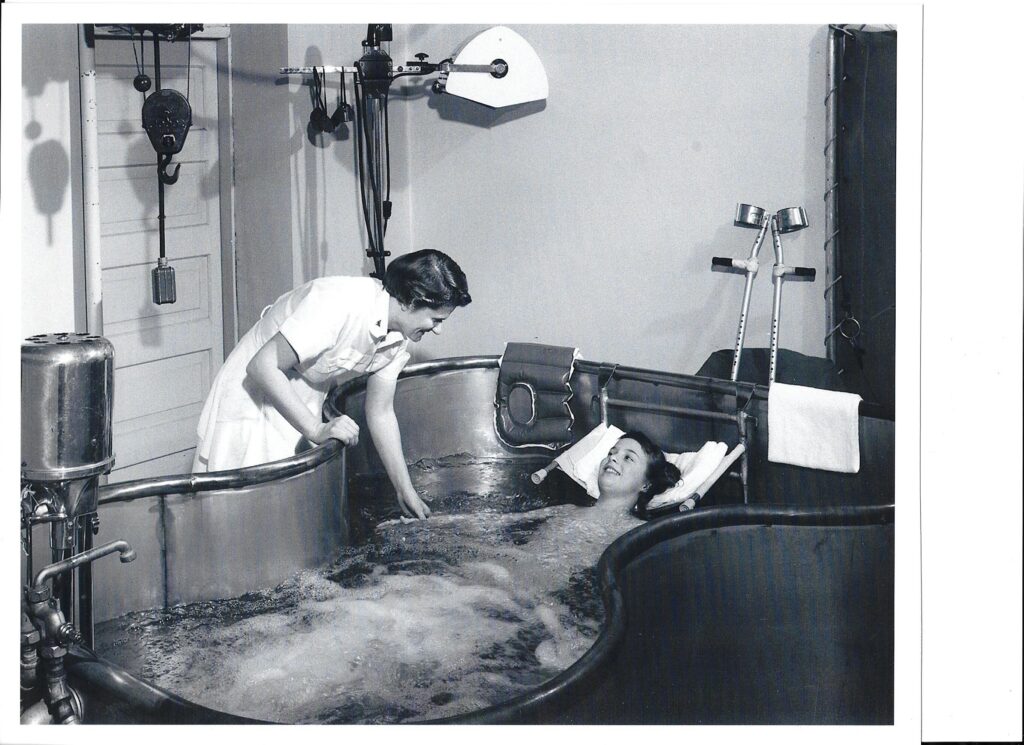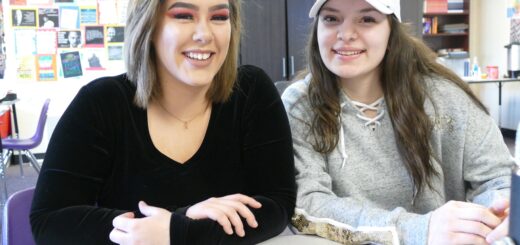Carmen Bossenbrock epitomized a life of service, and our community reciprocated
In a society where individualism and self absorption dominate the headlines, we owe a debt of gratitude to people like Carmen Bossenbrock, who live lives of service and exemplify the importance of working to make the community better.
Bossenbrock, along with the late physician Dr. Ed Cadman, was synonymous with efforts to treat polio patients in the 1950s and continued championing efforts to eradicate polio until the end of her life. Bossenbrock and Cadman made a worldwide impact through their efforts.
Pete Van Well, a former Rotary president, was kind enough to chat with me recently about Bossenbrock’s life and contributions. “She was like a magnet,” Van Well remembered. “People gravitated toward her and loved her,” he added.
Towards the end of her life, during the difficult days of the Covid-19 pandemic, she remained devoted to the work of the service club and members of that organization (including Van Well, Russ and Jean Speidel, Betsy McDarment, Judy Conner and others) did everything possible to help include her in meetings. When Bossenbrock was able to attend and meetings were held in person, someone from Rotary would drive up to her home in Dryden to get her to the meetings.
When meetings were held via Zoom, club members made sure she was able to phone into the meeting. Fellow journalist Dominick Bonny was generous enough to send me an audio clip of a recent interview with Bossenbrock. At 94-years-young, she was still fired up and passionate about the importance of eradicating polio. Rotary International remains committed to that goal and Bossenbrock had hoped to live long enough to see the virus eradicated.
Prior to Covid, the Rotary club held annual auctions to raise funds for the Polio Plus campaign, and Carmen attended and spoke of the importance of ending that plague.
Bossenbrock, a Dryden native, went to Washington State University and then attended Stanford University where she studied physical therapy. After she returned to the Wenatchee Valley, the polio epidemic began. At that time, no one knew what was causing the crippling illness and patients and their families were terrified.
Cadman, an orthopedic surgeon, led the local effort to treat patients and Bossenbrock became a key partner in that effort. Physical therapy, it turned out, helped patients regain mobility.
Cadman later went on to become president of Rotary International and spearhead the effort to eradicate polio worldwide. When Rotary started accepting women, Carmen was one of the first women in the club and got deeply involved in the polio eradication efforts, Van Well recalled.
Bossenbrock worked at Deaconess Hospital and then Central Washington Hospital, where she became the head of physical therapy.
Bossenbrock was known for her kindness but was no pushover, said Van Well. When she didn’t agree with something, she had no qualms telling him about it.
Bossenbrock was also an active member of the Dryden Improvement Club and she owned and managed a pear orchard. . She told Van Well that neighbors would always help out when she faced challenges growing the fruit.
She was adamant that the Wenatchee Rotary Club would continue the effort to eradicate polio until the job was done and the club would continue those efforts.
In her final years, Bossenbrock was lovingly supported by the community, including her caregiver Alice Nieman and members of the Wenatchee Rotary club. It’s a reminder of the importance of contributing to the community that we will rely upon at some point down the road.
Carmen Bossenbrock’s life reminds us of the importance of community as we walk through life. She was a shining example of living a life of service to others and devoting oneself to making the world a better place.


